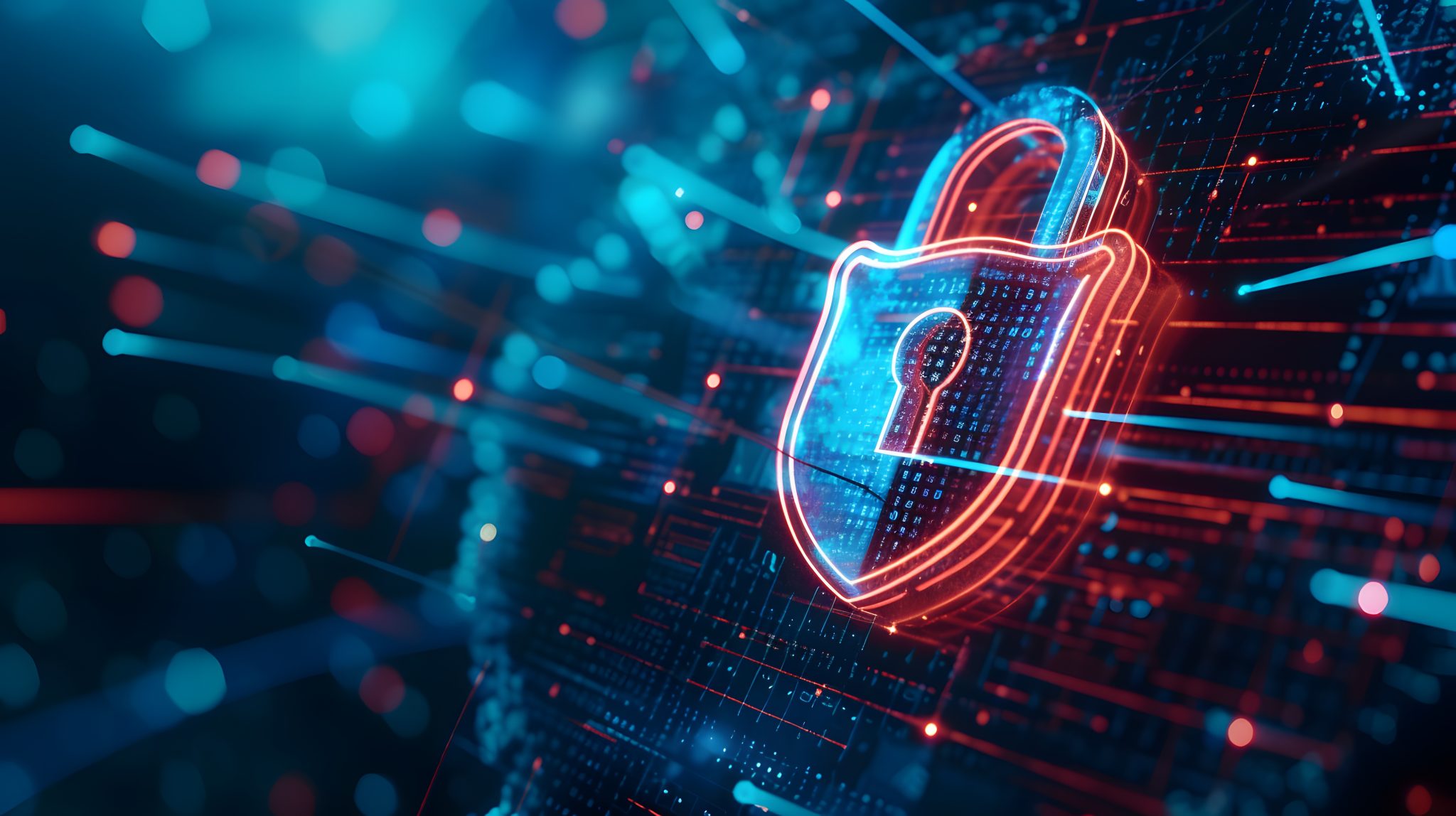In a scenario where digitization is the mainstay of operations, data protection emerges as an unavoidable challenge for organizations and governments. In this context, defining the right cybersecurity strategies makes all the difference.
Threats are increasing in number and complexity. Concepts such as social engineering, phishing and malware are continuously evolving and have made data protection a critical task. In contrast to this challenging landscape, defensive strategies are evolving at the same time.
Indeed, the transformation in cybersecurity can be seen both in the growing number of threats and in the implemented countermeasures.

Old cybersecurity versus new cybersecurity
Old methods, such as signature definitions in antivirus, are giving way to a more dynamic approach based on behavioral analysis. This necessary change reflects the adaptability required at this time to cope with a constantly evolving digital landscape.
In the first place, it is important to change the way we look at things. For example, the dichotomy between hackers and cybercriminals highlights the importance of training and ethics in cybersecurity.
Being a hacker does not necessarily imply being a criminal. Technical skills can be used to protect and strengthen systems. The evolution of the term ethical hacking reflects this nuance, underscoring the need to differentiate between security and threat.
Maturity of cybersecurity strategies
This complex scenario leads us to the inevitable question: are companies prepared to solve this on their own?
In the business context, five primary threats stand out (social engineering, malware, phishing, denial-of-service attacks and web application vulnerabilities). All of them demand comprehensive defense measures. From the definition of security policies and employee training to the continuous analysis of the company’s security position.
Keep in mind that when an incident occurs, the biggest impact for an organization will be on its reputation and brand. Of course, this comes with financial damage.
In this sense, collaboration between companies and technology partners with experience and expertise in cybersecurity becomes a crucial point.
Adaptation to security standards and disaster resilience are essential elements and this is where external expertise can make a difference. In an interconnected world, companies must assess their ability to deal with threats on their own or seek external support.
The impact of AI on cybersecurity strategy
Today artificial intelligence (AI) is a double-edged tool when we talk about cybersecurity strategies.
Because while it strengthens defenses by facilitating early detection and pattern analysis, it also provides tools to cybercriminals.
Continuous staff training and the combination of AI with human intervention become fundamental to effective cybersecurity.
Confidentiality, integrity, availability
The technological challenges of cybersecurity strategy focus on protecting information, which is the most valuable asset of organizations.
Data confidentiality, integrity and availability are the triad that must be preserved. The adoption of measures such as multifactor authentication, strong passwords and antivirus solutions reinforces this protection, both in local environments and in the cloud.
At the Government sector, on the other hand, budget constraints and a lack of specialists highlight the need for collaboration with the private sector. Security is built together. The application of best practices, preventive analysis and implementation of protection measures are imperative to avoid security breaches in public systems.
Conclusions
The key word is “evolution”: attackers are continuously getting more sophisticated, even by appealing to the latest innovations. Companies’ cybersecurity strategies must move in the same direction. The presence of a technology partner like Nubiral becomes key to achieve sustainable results.
Ultimately, security is everyone’s responsibility. Awareness, constant training and the adoption of emerging technologies stand as the foundations for a more secure digital future in organizations.
Interested in evolving your cybersecurity strategy? Our experts are waiting for your call: Schedule your meeting!
You might be interested in:
Blog • Why should companies implement observability solutions?
Blog • Cybersecurity: A key pillar for a 360° digital experience





